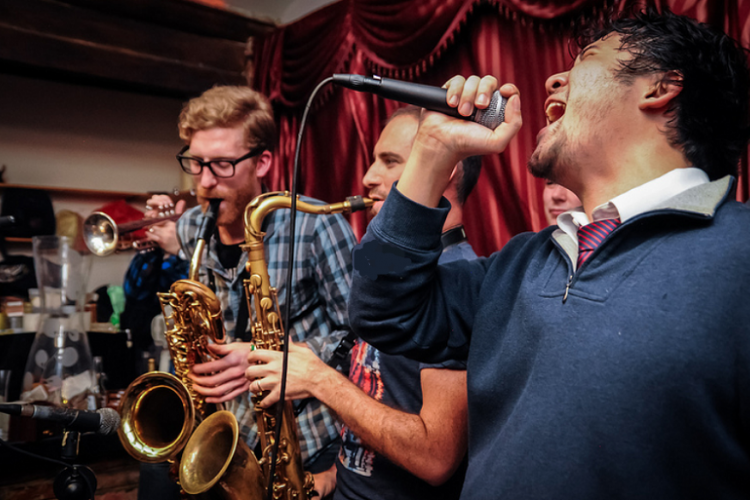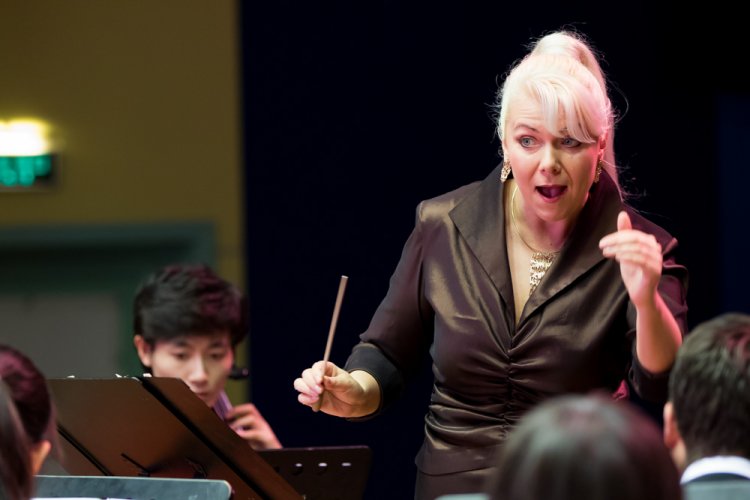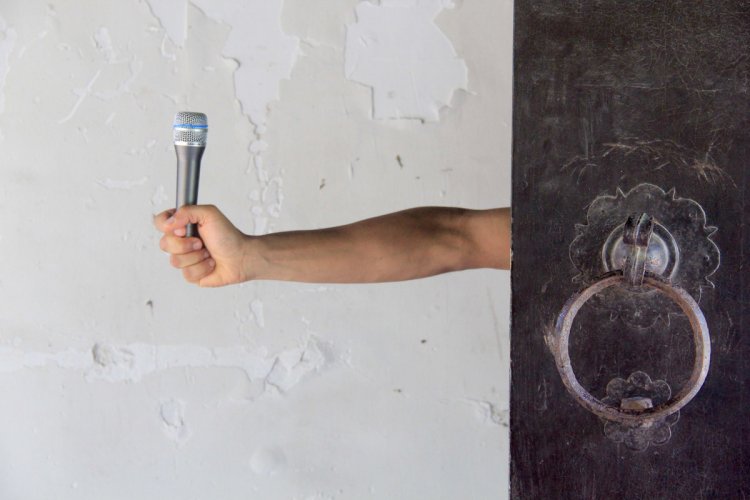The Art of Dining: Chef Yin Junfeng of Hujingyuan Shanghai Restaurant
After growing up in a small town Gansu province, Yin Junfeng moved to Shanghai at age 20. Now, 15 years later, he is the chef of Hujingyuan, a very elegant restaurant dedicated to Shanghai cuisine. Chef Yin took a break from the kitchen to sit down with agenda and explain a bit about the similarity between “dominating a large country” and cooking well.
What were your favorite foods growing up?
In my hometown, we eat a lot of mutton and beef. The famous, magical hand-pulled noo¬dles are from Gansu province. I have to say that lamian (pulled noodles) was my favorite food growing up.
Did you always want to be a chef? When did you realize you wanted to devote your life to cookery?
I started this career as an accident when I was 20 years old. It was just a job I had that allowed me to make some money to pay the bills and feed my family.
But after doing it for a while, I started to like it. Cuisine is much more than making raw food cooked. The whole process of buying, preparing, cooking and presenting food is like art. That’s why I started to like it and I want to do well with it.
What are some of the qualities that you think one should have to run a restaurant?
In my opinion, a good chef has to start off as a common cook. He or she has to be responsible and passionate about cooking. He or she also has to be a good teacher, so that his or her skills and techniques can be passed on. He or she must know how to deal with inevitable emergency situations, such as when someone gets hurt, or if a dish is prepared incorrectly.
What do you enjoy most about your work? What are your greatest concerns? Your greatest joys?
It provides me good food to eat, which I really like. Also, hearing din¬ers’ compliments is very satisfying to me. Someone once said “domi¬nating a big country is no different than cooking a small dish,” which I totally agree with. Cooking with dif¬ferent materials for different people who have different tastes can be really challenging sometimes. Espe¬cially nowadays, dining is about so much more than feeding people. It a total enjoyment experience that must be prepared for the diner.
Of course, I am always concerned with managing the kitchen and working to bring out the best of my staff.
Is Shanghai cuisine your favorite cuisine? What is it like? Is it healthy?
Yes, Shanghai food has become my favorite. Traditional Shanghai dishes are very oily and salty, because in days past people didn’t have much money, so they prepared them with enough oil and salt for a bite or two to give flavor to a whole bowl of rice. But as people became more prosperous, they changed their way of eating. They started to learn from other cuisines, including foreign cuisines, to cook in a healthier and more enjoyable way. This is how modern Shanghai cuisine evolved.
What dish are you most proud of?
Our Longjing Tea Shrimp (龙井虾仁) – it is a very Chinese dish, made from shrimp fried with Longjing Tea, a very good tea. The presentation of this dish is very beautiful. The taste is very creative, and goes well with a pot of tea.
Also, our pan-seared T-bone steak (原味牛仔骨) is really nice. This dish is inspired by Western cuisine. We sear the beef after marinating it in red wine. The beef in this dish is very tender and delicious.
What is special about your restaurant?
I think taste is our best attraction, although the decor is very nice and the location is very central, yet intimate. There are many famous people that have eaten at our restaurant, including Yao Ming!
Hujingyuan. Daily 10am-2pm, 5-9pm. 4/F, Renshou Dasha, 16 Chaoyangmenwai Dajie, Chaoyang District. (8525 1181) 沪景园, 朝阳区朝阳门外大街16号中国人寿大厦4楼






